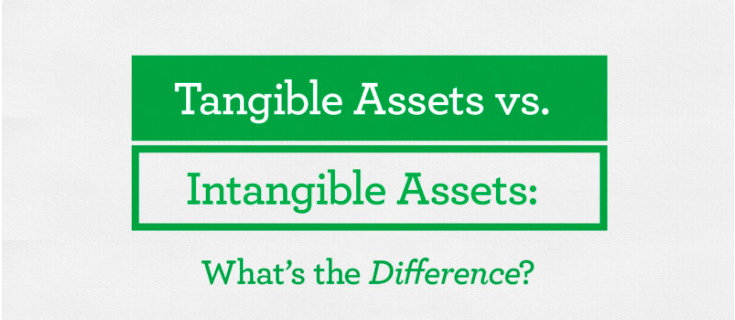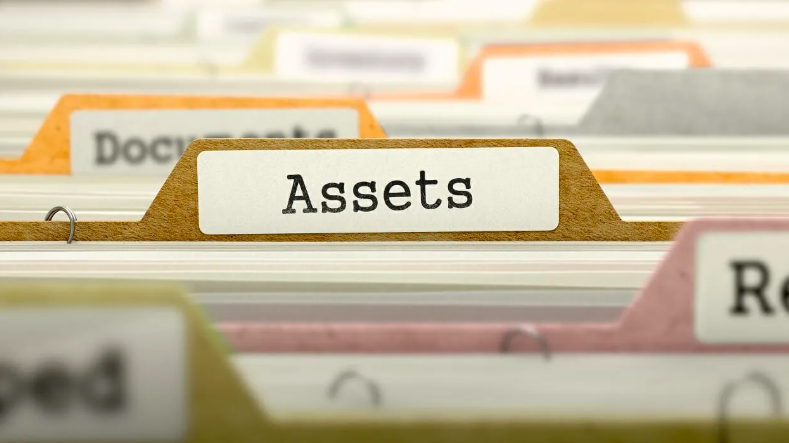
How to Handle Property Management for Out-of-State Investments
Investing in out-of-state properties can be a lucrative way to diversify your real estate portfolio and tap into high-growth markets. However, managing a property from afar comes with its own set of challenges, from finding reliable local partners to ensuring consistent cash flow. Whether you’re a seasoned investor or new to out-of-state investments, here’s a comprehensive guide on how to handle property management for out-of-state investments effectively.
1. Hire a Property Management Firm
Why It’s Important: A property manager understands the market, has a network of reliable contractors, and can handle day-to-day operations on your behalf.
How to Choose the Right Firm:
Research and compare property management firms in the area.
Check reviews, credentials, and references.
Interview potential managers to ensure they align with your goals.
Review their fee structure and services (e.g., tenant screening, maintenance, financial reporting).
2. Build a Reliable Network of Professionals
Why It’s Important: Having trusted professionals ensures your property is well-maintained and issues are resolved quickly.
Key Professionals to Connect With:
Contractors for repairs and renovations.
Real estate agents for market insights and tenant placement.
Legal professionals for compliance and lease agreements.
Accountants for tax and financial management.
3. Use Technology to Stay Connected
Why It’s Important: Technology allows you to monitor and manage your property remotely.
Tools to Use:
Property Management Software: Platforms like Buildium, AppFolio, or RentManager for rent collection, maintenance tracking, and financial reporting.
Smart Home Technology: Smart locks, security cameras, and thermostats for remote monitoring and control.
Virtual Tours: Use 360-degree cameras or video conferencing tools to show the property to potential tenants.
4. Conduct Regular Inspections
Why It’s Important: Regular inspections help you stay informed about the property’s condition and address issues before they escalate.
How to Conduct Inspections Remotely:
Hire a property manager to perform inspections.
Request detailed reports with photos and videos.
Schedule inspections at least twice a year or after tenant turnover.
5. Set Clear Expectations with Your Property Manager
Why It’s Important: Clear communication ensures your property manager understands your goals and operates in your best interest.
What to Discuss:
Rent collection and financial reporting.
Maintenance and repair protocols.
Tenant screening and leasing processes.
Communication frequency and preferred methods (e.g., email, phone, video calls).
6. Understand Local Market Trends
Why It’s Important: Staying informed about the local market helps you make informed decisions about pricing, upgrades, and tenant retention.
How to Stay Updated:
Subscribe to local real estate newsletters and blogs.
Work with a local real estate agent or property manager for insights.
Monitor rental prices, vacancy rates, and economic trends in the area.
7. Streamline Rent Collection and Financial Management
Why It’s Important: Efficient financial management ensures consistent cash flow and helps you track your investment’s performance.
Tips for Financial Management:
Set up online rent collection through property management software.
Use accounting software to track income and expenses.
Regularly review financial reports provided by your property manager.
8. Create a Maintenance Plan
Why It’s Important: A proactive maintenance plan prevents costly repairs and keeps your property in good condition.
How to Create a Plan:
Schedule routine maintenance (e.g., HVAC servicing, gutter cleaning).
Establish a process for handling emergency repairs.
Budget for maintenance costs and set aside a reserve fund.
9. Screen Tenants Thoroughly
Why It’s Important: Reliable tenants reduce the risk of late payments, property damage, and evictions.
Steps for Effective Screening:
Conduct background and credit checks.
Verify employment and income.
Contact previous landlords for references.
Use a detailed rental application to gather essential information.
10. Stay Compliant with Local Laws
Why It’s Important: Noncompliance with local housing laws can lead to legal disputes and financial penalties.
How to Ensure Compliance:
Familiarize yourself with local landlord-tenant laws, safety codes, and tax regulations.
Work with a legal professional to draft lease agreements and handle disputes.
Stay updated on changes in local laws and regulations.
11. Visit the Property Occasionally
Why It’s Important: Visiting the property allows you to assess its condition and build relationships with your property manager and tenants.
How to Plan Visits:
Schedule visits during tenant turnover or after major renovations.
Use the opportunity to meet with your property manager and local contractors.
Inspect the property and address any concerns in person.
12. Build a Contingency Plan
Why It’s Important: A contingency plan prepares you for unexpected challenges, such as extended vacancies or major repairs.
What to Include in Your Plan:
A reserve fund for emergencies.
Backup contractors or vendors for maintenance and repairs.
A strategy for handling tenant disputes or evictions.
Final Thoughts
Managing out-of-state investments requires careful planning, clear communication, and the right team of professionals. By hiring a reliable property manager, leveraging technology, and staying informed about the local market, you can overcome the challenges of remote property management and maximize the returns on your investment.
Remember, the key to success is building strong relationships with local partners and staying proactive in managing your property. With the right approach, out-of-state investments can be a valuable addition to your real estate portfolio.

 March 23, 2025
March 23, 2025



